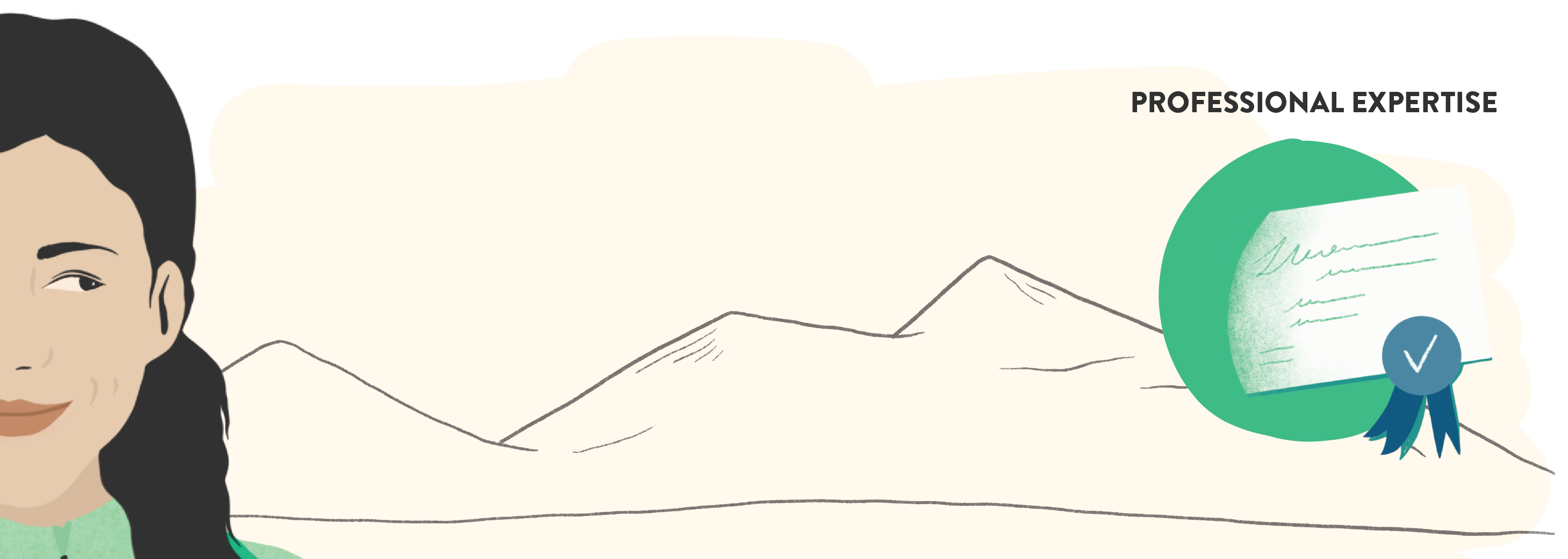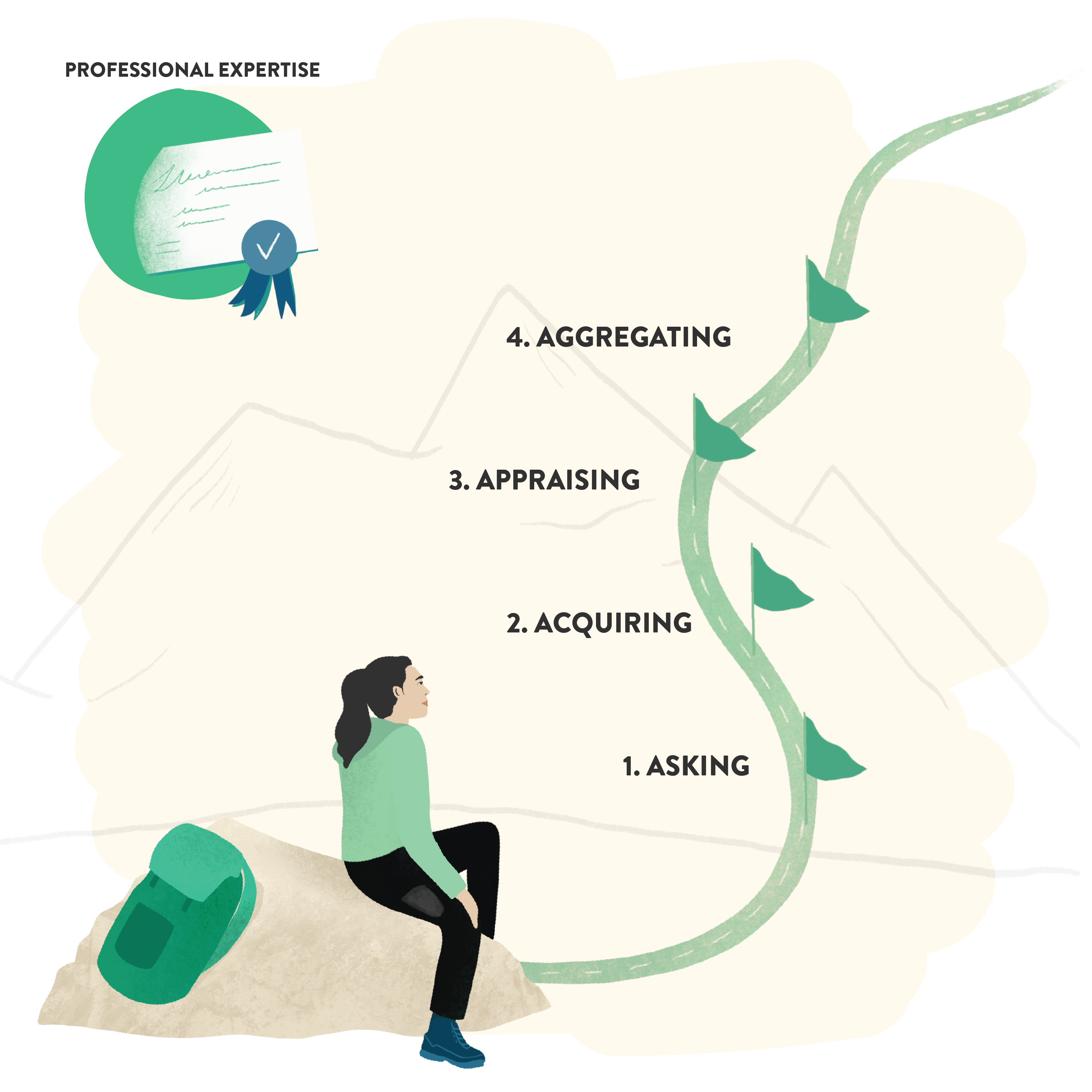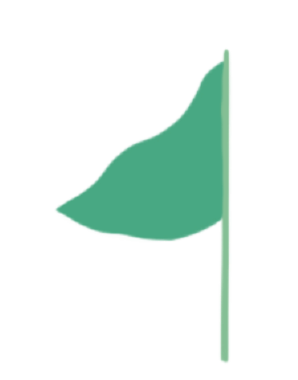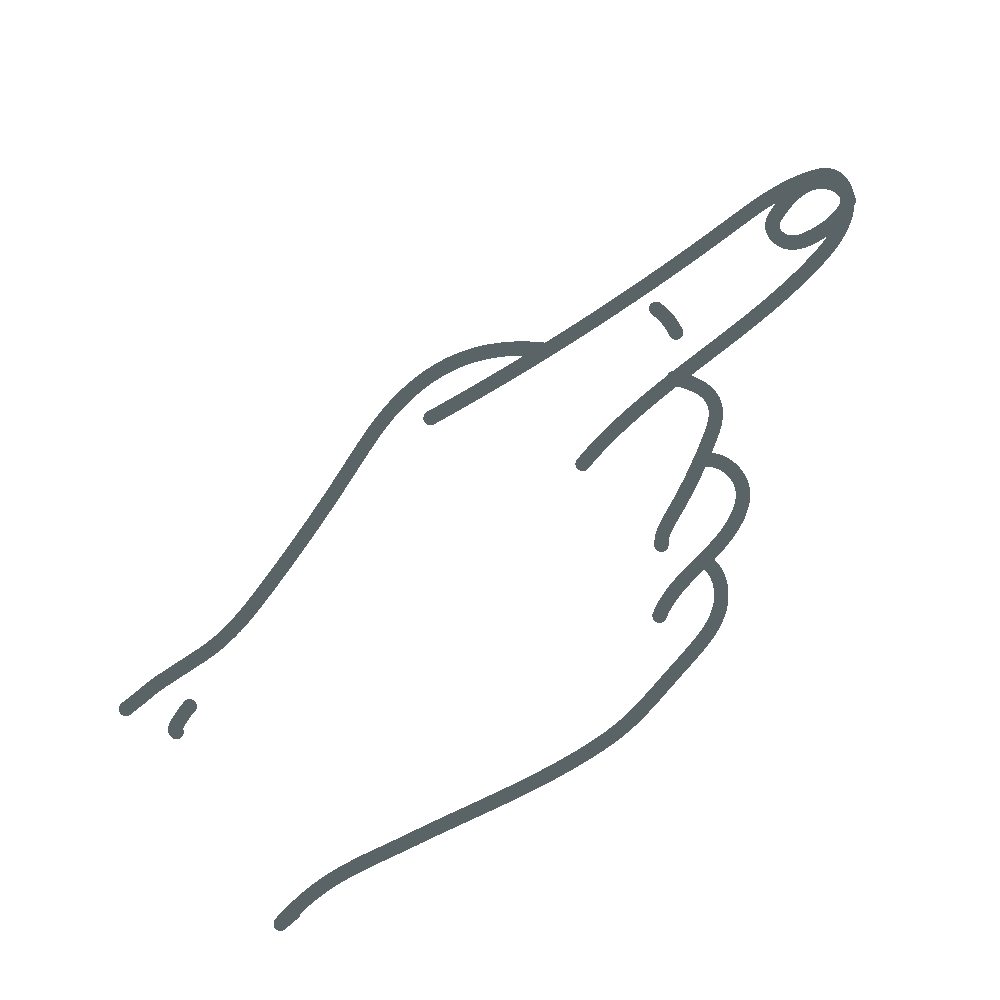#Evidence Based HR #Blogpost
Professional expertise is one of the four sources of evidence in evidence-based HR, if it fulfils certain conditions that differentiate it from opinions.
Episode 4: The Evidence-Based HR Backpack – Professional expertise
Why professional expertise matters in evidence-based HR and how to recognise it
As Evi, HR Manager at the bicycle manufacturer BisonBikes, gets familiar with Evidence-Based HR, she wants to apply it to other decisions and projects she’s working on. One of these is improving the employee selection process in BisonBikes, to have better performing new employees. Evi is meeting a senior consultant from a big consultancy who’s worked with all the important names in the sector.
At their shiny, minimalist offices, he walks Evi through his firm’s proposal of how to tackle the problem, offering ‘cutting-edge’ solutions built on best practices and latest trends. His presentation, like his outfit, is perfect. Stop and ask yourself whether the consultant’s professional expertise is strong and represents a good source of evidence for the solution he’s proposing.
What is and what isn’t professional expertise?

In evidence-based HR (EBHR), one of the four sources of evidence, alongside scientific research, organisational data and stakeholders’ input, is the professional expertise of practitioners.
We’re talking specialised knowledge gained from education, and expertise acquired from dealing with similar situations over time. It can come from anyone, but it’s different from opinions, which do not automatically qualify as “practitioner evidence”.
Instead, to build professional expertise, you need to:
- see the same problem and/or solution a number of times
- receive direct and objective feedback about how the solution worked out
- work in a stable and predictable environment
Repeated experiences and feedback build expertise and valuable opinions.
Okay, it might sound like no one in HR has “appropriate” expertise that counts as evidence – organisations are not particularly stable nor predictable. But expertise can be built in the HR field too. And here’s how to use it.
How to use professional expertise in HR decision making
Just like the other four sources of evidence, professional expertise is useful throughout the 6 A’s process of decision making (ask, acquire, appraise, aggregate, apply and assess). Since we’ll be dedicating a separate article to dealing with the last two steps, we’ll now focus on using practitioners’ evidence in the first 4 A’s:

-

1. Asking: get to the right questions
Let’s go back to Evi’s quest to improve her organisation’s selection process, where the cause-effect assumption is: “Employees perform poorly in their first year. This happens because we are not selecting the appropriate people for our roles. If we improve our selection process, new employees will perform better.” The questions to answer, based on evidence, are:
- Are low-performing new employees a problem in our organisation?
- Which selection processes and tools can identify candidates who perform better once hired?
Practitioners’ expertise helps check these questions. Evi can tap into the power of her network and look for people with experience in the field of selection. She should then ask if they agree with the problem (low performance of new employees) and its urgency. And Evi should also check their view on the potential solution (improving the selection process) and whether they see any other possible fixes. Your own network can help you too - here’s how.
-

2. Acquiring: define who and how to ask for evidence and gather input
First up, decide who to ask for input. Who’s most likely to give you a reliable opinion? Come up with a diverse group of people (inside/outside the organisation, HR/business, etc.). If you only stick to likeminded people around you, you probably won’t hear the full story. Put another way, your process of gathering evidence will be biased.
Once you know who to ask for evidence, how do you ask?
-

3. Appraising: evaluate the expertise behind the inputs
Out of the four sources of evidence, practitioners’ expertise is most likely to be biased. But there are ways to minimise the risk of bias:
- Evaluate each input with these three indicators of professional expertise: (1) How often has the person seen this problem/solution? (2) Could they directly see how the solution worked out? (3) How similar to ours was the environment? These are valid questions to also put to the consultant at the beginning of our story.
- Get to know the biases that can affect evidence from professional expertise. For example, we all tend to spot only evidence that confirms our own beliefs, while ignoring the rest. To fight this so-called confirmation bias, you can actively check whether any of the evidence contradicts your personal opinion. If it doesn’t, search for it!
-

4. Aggregating: give a full picture of the evidence
After gathering evidence from several experts, it’s time to put your findings together in a coherent report, which is handy to share and reuse. Make sure to summarise all input, including contrary pieces of evidence. Explain how you collected the evidence and what you did to minimise any bias.
Professional expertise is just one piece of the puzzle
Input from professional experts is key in making decisions, but it needs to be handled appropriately. You, just as Evi, might find that a self-assured consultant offering ‘cool’ advice doesn’t necessarily mean evidence you can hang your hat on.
Read our previous article on how to identify trustworthy evidence from scientific research and organisational data and follow us to read more about evidence from stakeholders. At the end of the journey, we’ll discuss the final 2 A’s of EBHR: how to apply the evidence and how to assess the outcomes.
Meanwhile, let’s enjoy the ride.
For more inspiration and freely available resources, check the websites of our partners CEBMa and ScienceForWork.
Would you like to interact about EBHR and learn together with other people? Then you’re welcome to join our knowledge sharing forum for EBHR-learners on Facebook, and our open workshops. We're also happy to provide a custom session for your organisation, online or offline.
Iulia Cioca & Edward Vanhoutte
Iulia, a graduate in Work and Organizational Psychology from the University of Valencia, with a diverse educational background spanning Romania, Austria, Italy, and Canada, specializes in HR advisory. She is HR Scientist at Balance HR, dedicated to evidence-based HR practices, and a CEBMa fellow and PhD candidate. Edward, the managing partner of Balance HR and a fellow of CEBMa, specializes in building high-impact HR teams and promoting evidence-based HR practices. In addition, he has a keen interest in graphics and societal initiatives.



